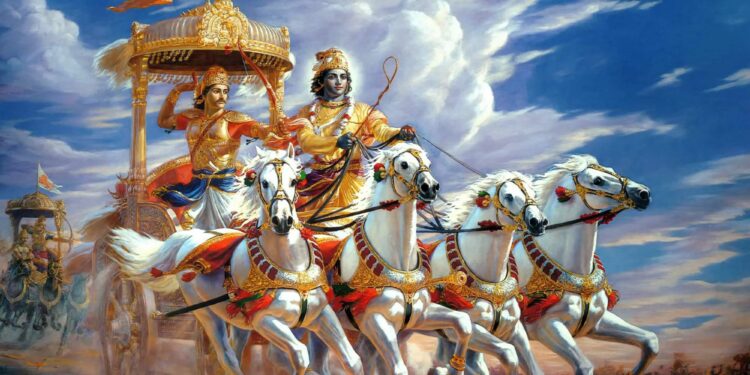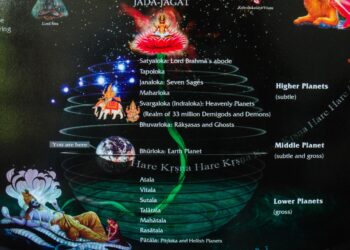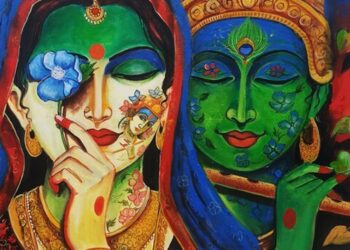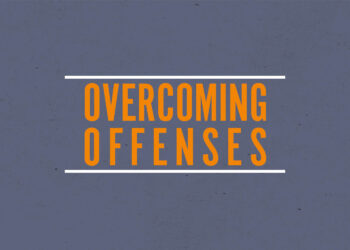The Supreme Person
We shall find, therefore, in this Bhagavad-gītā that the complete whole is comprised of the supreme controller, the controlled living entities, the cosmic manifestation, eternal time and karma, or activities, and all of these are explained in this text. All of these taken completely form the complete whole, and the complete whole is called the Supreme Absolute Truth. The complete whole and the complete Absolute Truth are the complete Personality of Godhead, Śrī Kṛṣṇa. All manifestations are due to His different energies. He is the complete whole.
It is also explained in the Gītā that impersonal Brahman is also subordinate to the complete Supreme Person (brahmaṇo hi pratiṣṭhāham). Brahman is more explicitly explained in the Brahma-sūtra to be like the rays of the sunshine. The impersonal Brahman is the shining rays of the Supreme Personality of Godhead. Impersonal Brahman is incomplete realization of the absolute whole, and so also is the conception of Paramātmā. In the Fifteenth Chapter it shall be seen that the Supreme Personality of Godhead, Puruṣottama, is above both impersonal Brahman and the partial realization of Paramātmā. The Supreme Personality of Godhead is called sac-cid-ānanda-vigraha. The Brahma-saṁhitā begins in this way: īśvaraḥ paramaḥ kṛṣṇaḥ sac-cid-ānanda-vigrahaḥ/ anādir ādir govindaḥ sarva-kāraṇa-kāraṇam. “Govinda, Kṛṣṇa, is the cause of all causes. He is the primal cause, and He is the very form of eternity, knowledge and bliss.” Impersonal Brahman realization is the realization of His sat (eternity) feature. Paramātmā realization is the realization of sat-cit (eternal knowledge). But realization of the Personality of Godhead, Kṛṣṇa, is realization of all the transcendental features: sat, cit and ānanda (eternity, knowledge, and bliss) in complete vigraha (form).
People with less intelligence consider the Supreme Truth to be impersonal, but He is a transcendental person, and this is confirmed in all Vedic literatures. Nityo nityānāṁ cetanaś cetanānām. (Kaṭha Upaniṣad 2.2.13) As we are all individual living beings and have our individuality, the Supreme Absolute Truth is also, in the ultimate issue, a person, and realization of the Personality of Godhead is realization of all of the transcendental features in His complete form. The complete whole is not formless. If He is formless, or if He is less than any other thing, then He cannot be the complete whole. The complete whole must have everything within our experience and beyond our experience, otherwise it cannot be complete.
The complete whole, Personality of Godhead, has immense potencies (parāsya śaktir vividhaiva śrūyate [Cc. Madhya 13.65, purport]. How Kṛṣṇa is acting in different potencies is also explained in Bhagavad-gītā. This phenomenal world or material world in which we are placed is also complete in itself because the twenty-four elements of which this material universe is a temporary manifestation, according to Sāṅkhya philosophy, are completely adjusted to produce complete resources which are necessary for the maintenance and subsistence of this universe. There is nothing extraneous, nor is there anything needed. This manifestation has its own time fixed by the energy of the supreme whole, and when its time is complete, these temporary manifestations will be annihilated by the complete arrangement of the complete. There is complete facility for the small complete units, namely the living entities, to realize the complete, and all sorts of incompleteness are experienced due to incomplete knowledge of the complete. So Bhagavad-gītā contains the complete knowledge of Vedic wisdom.
All Vedic knowledge is infallible, and Hindus accept Vedic knowledge to be complete and infallible. For example, cow dung is the stool of an animal, and according to smṛti, or Vedic injunction, if one touches the stool of an animal he has to take a bath to purify himself. But in the Vedic scriptures cow dung is considered to be a purifying agent. One might consider this to be contradictory, but it is accepted because it is Vedic injunction, and indeed by accepting this, one will not commit a mistake; subsequently it has been proved by modern science that cow dung contains all antiseptic properties. So Vedic knowledge is complete because it is above all doubts and mistakes, and Bhagavad-gītā is the essence of all Vedic knowledge.


















